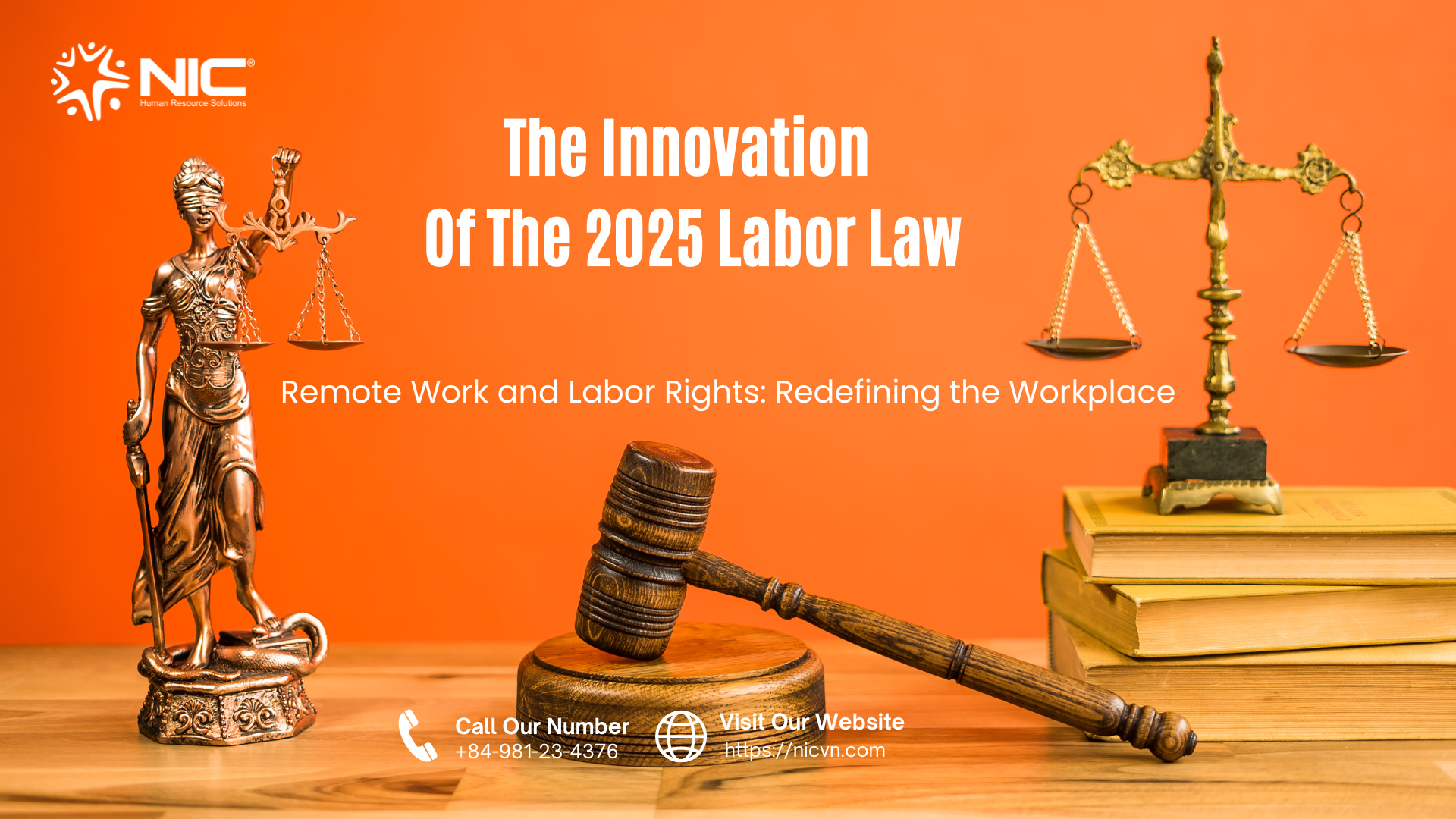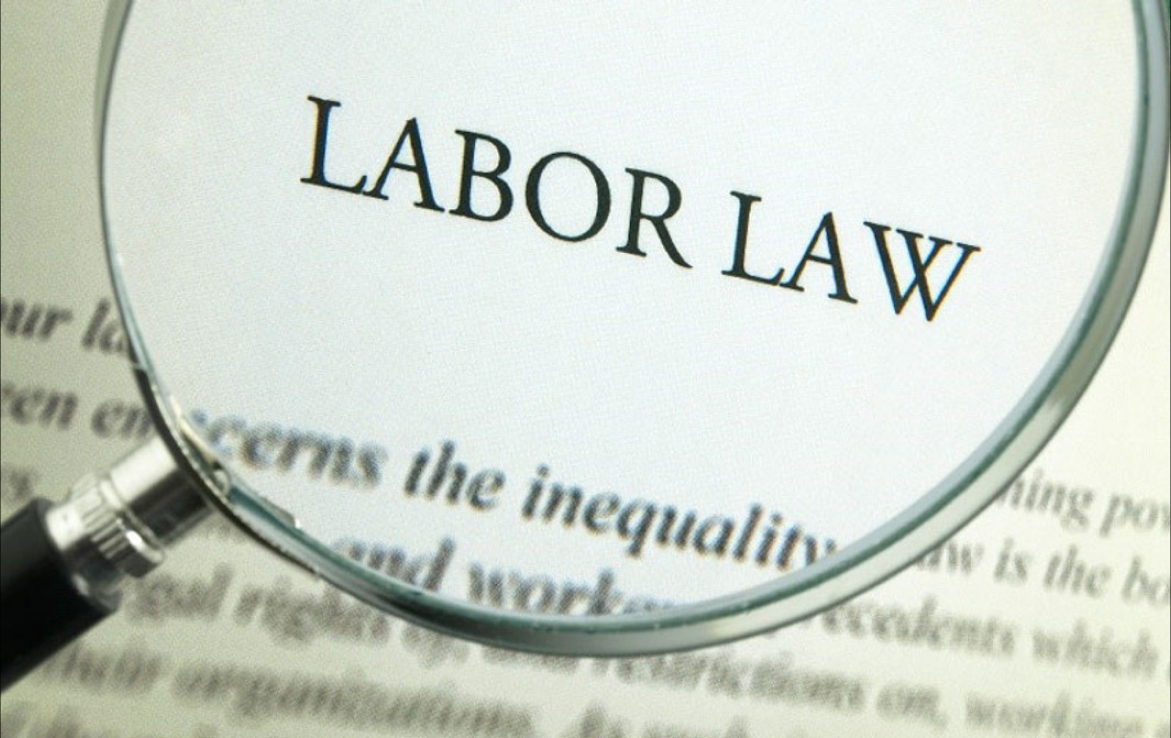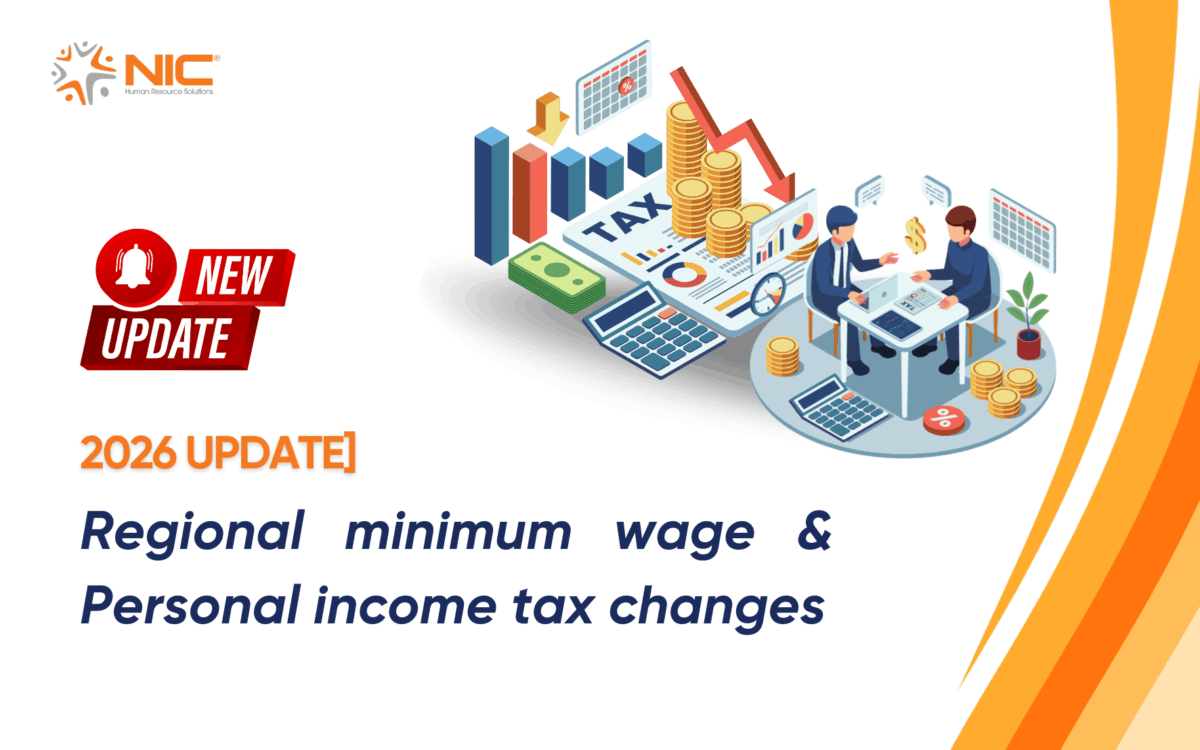2025 Labor Law Updates: Are You Ready for the Changes?
11/10/2024
Imagine trying to hit a moving target blindfolded—that’s what navigating labor law updates can feel like for HR leaders. The legal landscape shifts constantly, and with every new regulation comes another layer of complexity. As we move toward 2025, it’s not enough to simply react to changes; HR teams must stay ahead of the curve to ensure compliance and protect their organizations from legal exposure.
Let’s dive into the key labor law updates for 2025 that HR leaders need to know, and how you can position your company to not only stay compliant but also thrive in this evolving landscape.

1. Enhanced Data Privacy Laws: Protecting What Matters Most
With the explosion of digital data and growing concerns around privacy, governments worldwide are cracking down on how personal data is handled. In the EU, the General Data Protection Regulation (GDPR) remains one of the strictest data protection laws, with similar laws cropping up in other regions. The California Consumer Privacy Act (CCPA) in the U.S. sets a high bar for how businesses must handle employee data, ensuring that sensitive information is secured and processed legally.
But what does this mean for HR teams? It’s no longer just about filing records safely. HR departments need to implement robust data security protocols to prevent breaches and misuse of employee information. Compliance with data privacy regulations demands regular audits of how personal data is collected, stored, and shared within the company.

As new regulations continue to develop, such as China’s Personal Information Protection Law (PIPL), HR leaders must continuously update their privacy policies and educate employees on data protection best practices. This isn’t just about avoiding fines—it’s about building trust with your workforce. Employees want to know that their data is in safe hands, and organizations that prioritize data privacy will have a competitive edge in retaining talent.
2. Remote Work and Labor Rights: Redefining the Workplace

The rise of remote and hybrid work arrangements has transformed the workplace. As more employees work from home, labor laws are evolving to protect their rights. In the U.S., for example, new guidance under the Fair Labor Standards Act (FLSA) is being proposed to address how overtime and working hours apply to remote employees
But it’s not just about overtime. Remote workers have different needs regarding workplace safety, data security, and access to benefits. Countries like Germany and Spain have already enacted laws that require employers to ensure that remote workers receive the same protections as those working on-site. labor law.
For HR teams, this means updating policies on remote work to ensure compliance with these new laws. You’ll need to address everything from how to calculate overtime for remote workers to ensuring that they have safe work environments at home. In some cases, this might mean providing equipment, software, or financial support to meet regulatory standards
Additionally, HR leaders should prepare for more countries to implement similar regulations as remote work grows in popularity. Staying ahead of these changes will allow your organization to remain compliant and continue supporting a flexible workforce that meets the demands of the modern economy.
3. Pay Transparency Laws: A Step Toward Pay Equity
A significant shift in labor law trends is the move toward pay transparency. In 2025, we’re seeing more regions pass legislation that requires employers to disclose salary ranges in job postings. States like California and New York have led the way, introducing laws that aim to close the gender wage gap and promote pay equity. labor law.
For HR leaders, this change goes beyond simply including a salary range in a job listing. Pay transparency laws require a reevaluation of your entire compensation structure. How do you ensure that salaries across different roles and departments are equitable? What steps are needed to adjust your pay practices to meet these new transparency standards? labor law.
HR departments will also need to consider how they communicate compensation internally. Employees want transparency in how their pay is determined, and clear communication can significantly improve trust and engagement. If handled well, pay transparency can be an opportunity to improve workplace equity and create a fairer, more inclusive organization. labor law.
How NIC Global Can Help You Stay Compliant
Navigating the complex web of labor law updates can be daunting, but HR leaders don’t need to tackle it alone. At NIC Global, we provide tailored compliance solutions that help businesses stay ahead of labor law changes, including enhanced data privacy regulations, remote work guidelines, and pay transparency requirements.
We’ll work with your HR team to assess your current practices, identify gaps in compliance, and develop a strategy that ensures you’re prepared for the future. Don’t wait for the next regulation to catch you off guard—partner with us to protect your organization and create a thriving, compliant workplace.
For contact and support:
Facebook: NIC Global – Human Resource Solutions
Linkedin: NIC Global Sourcing JSC
Website: www.nicvn.com
Email: info@nicvn.com
Hotline: 0981.23.43.76
Address:
- Hanoi Office: No. 3A Thi Sach, Pham Dinh Ho Ward, Hai Ba Trung District, Hanoi, Vietnam
- Ho Chi Minh City Office: Dakao Center Building, 35 Mac Dinh Chi, District 1, Ho Chi Minh City, Vietnam
See more:
Payroll service
Staffing service
EOR service





